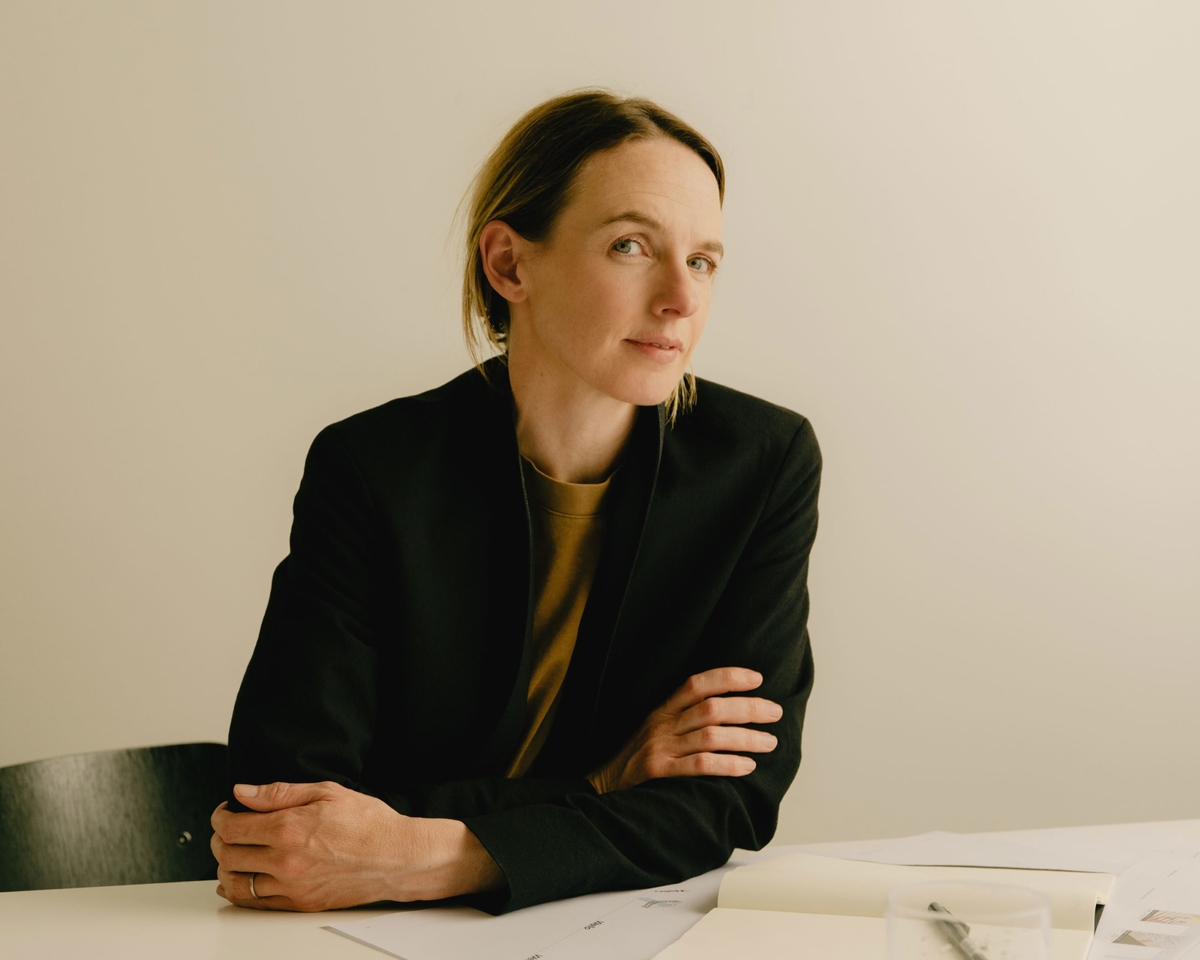Reaching youth in communities
Insight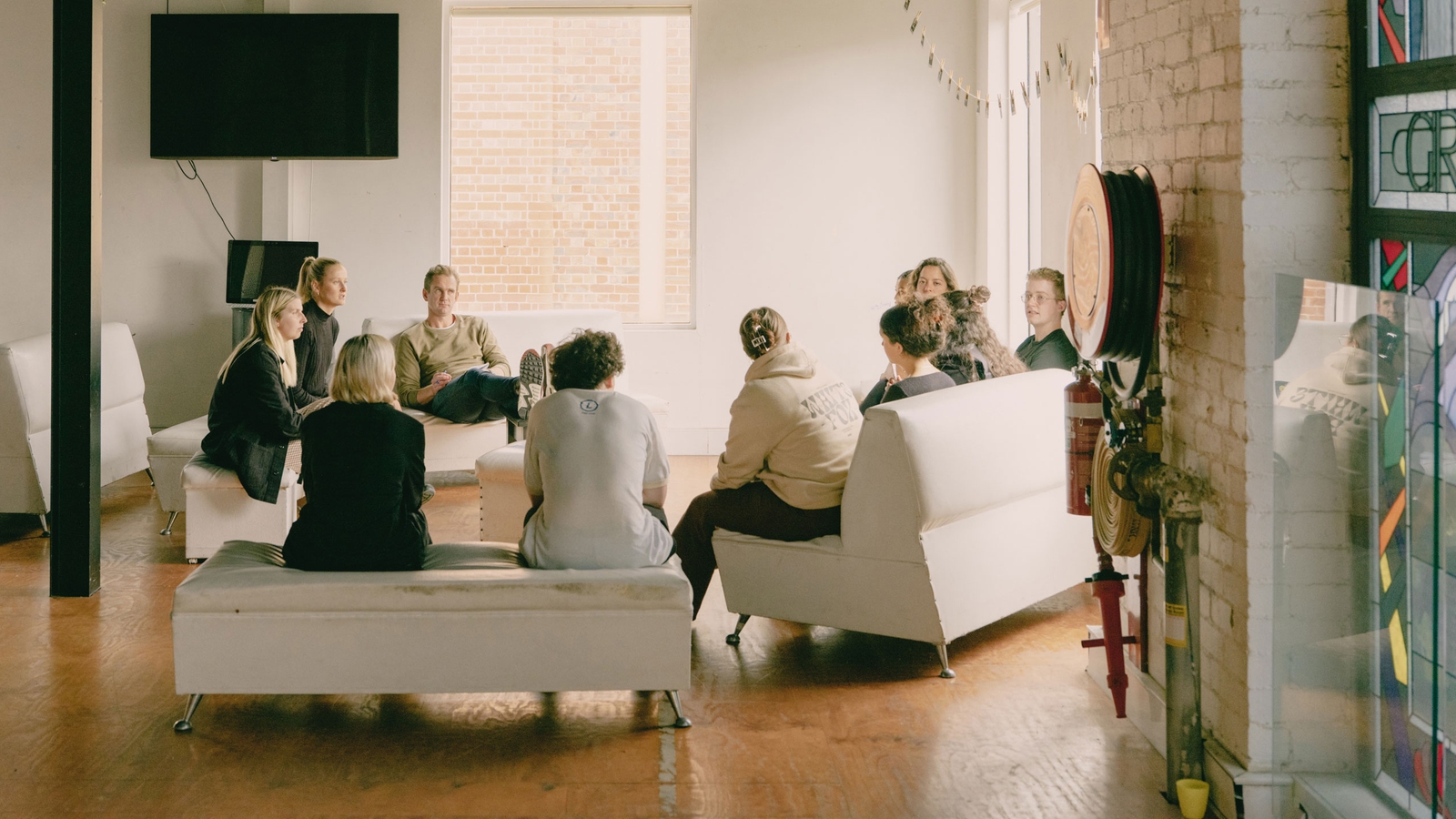
Fergus Watts is CEO of the Reach Foundation, a national not-for-profit organisation delivering transformative experiences for young people.
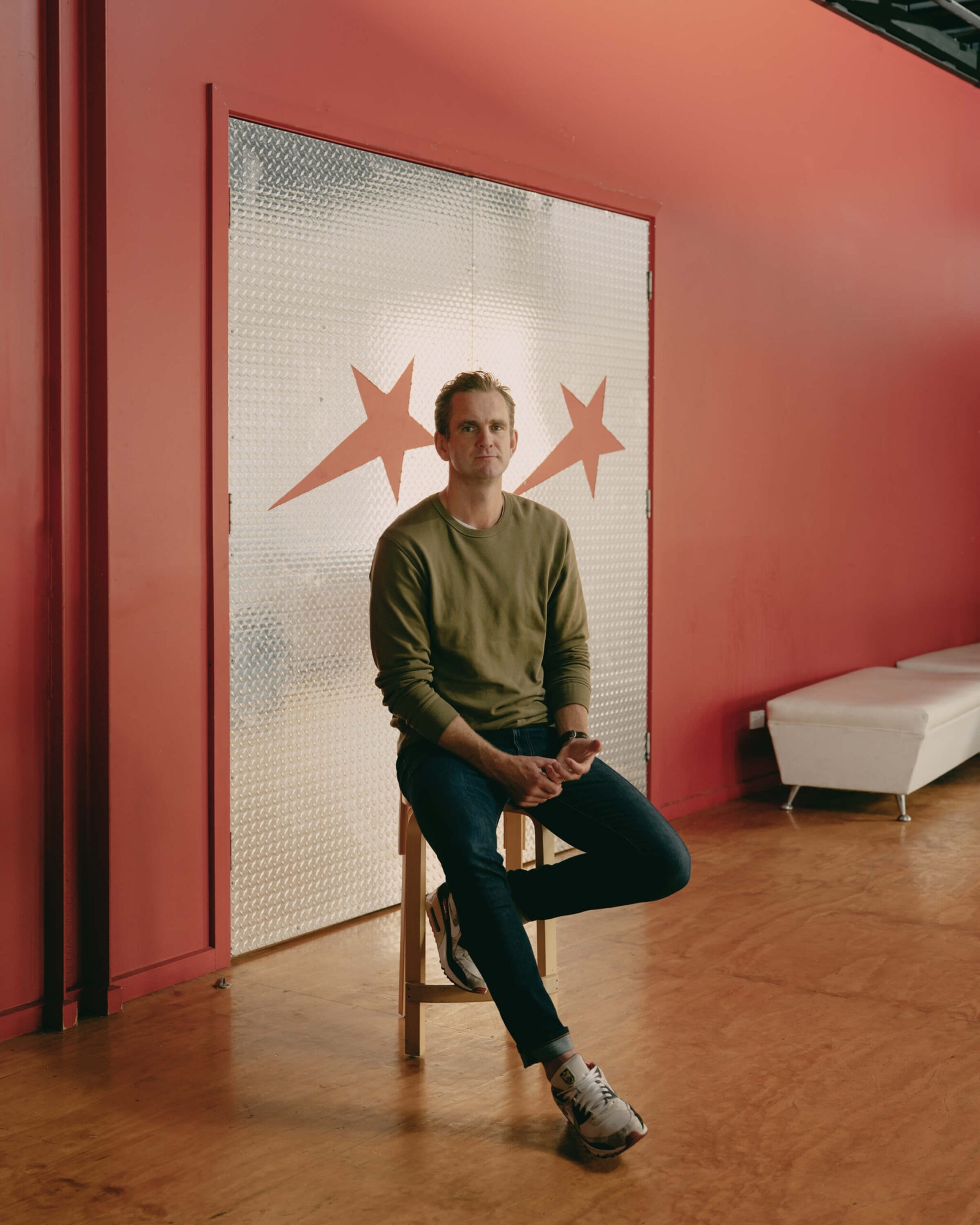
Tell us about Reach and the work it does.
Reach is a preventative youth mental health organisation working with over 50,000 young people a year. The primary outcome of our work is ultimately for those young people to feel better about themselves.
We believe there are two main factors in developing good mental health: having a strong sense of self and having a strong sense of those around you. When you have both of those, you’re in a reasonably strong position, and you can go on to tackle life.
At Reach, we run workshops with young Australians all around the country, giving them a safe space and the opportunity to speak about what’s going on for them, and to work through anything that may have come up in their lives that’s affecting those two core protective factors.
How did you get involved?
I’ve been involved for 22 years in one way, shape or form. I was a participant when I was 15 and I went along to Heroes Day which is a workshop we still do with 500 young people. It’s a massive, big music festival-style event that runs all day.
I walked into an environment that was different from my every day. I was asked questions that I would normally not talk about; that made me think about who I was, and what was happening in my life. And I loved it. Then I was asked to be a facilitator for a little while, I sat on the board for a few years, and now I’m the CEO.
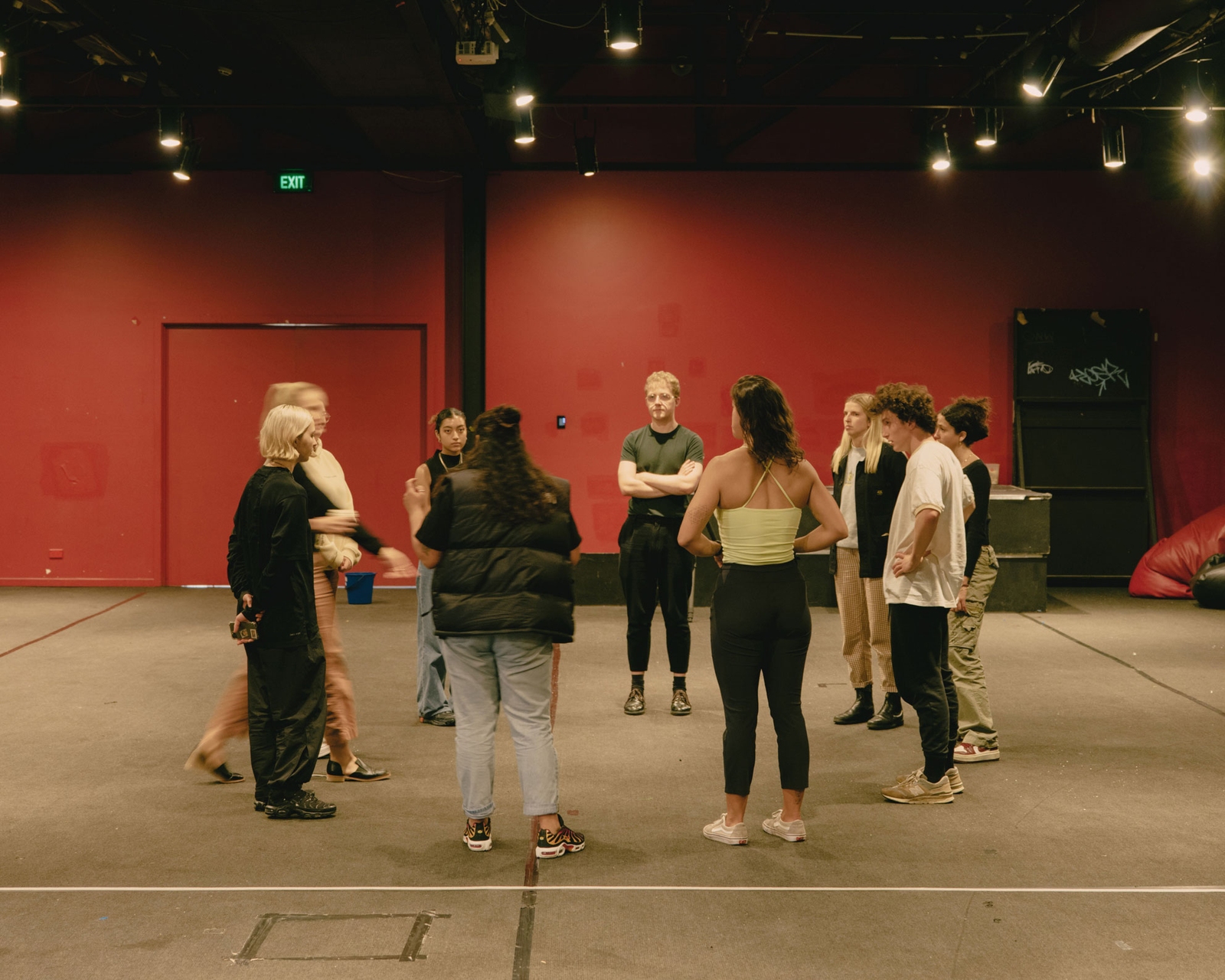
Can you tell us about Reach’s partnership with SRL and the work you’re doing at Botanic Ridge and Wollert?
SRL is a great supporter of ours. They’ve engaged us to support the local communities where they are working. We’re running workshops within those communities for young people, parents and schools.
We just ran a workshop at Botanic Ridge Village in Cranborne. A range of parents came along to hear about some of the insights that we see from young people, what’s important for young people, and the different techniques we use to get young people talking.
We’re going to run a range of workshops over the next four years of the sponsorship, and engage with local schools.
Are there insights you can share about the challenges young people are facing?
We’re seeing a significant increase in anxiety being reported and in young people needing some level of support. One of the things that we’re very passionate about is trying to create an environment where young people can develop preventative strategies, so they don’t get to a point where they need intervention.
We also see young people with incredible ideas. They just need an opportunity to be given a space to talk and share some advice and be able to speak about what’s going on for them. Unfortunately, we don’t do that in society very often.
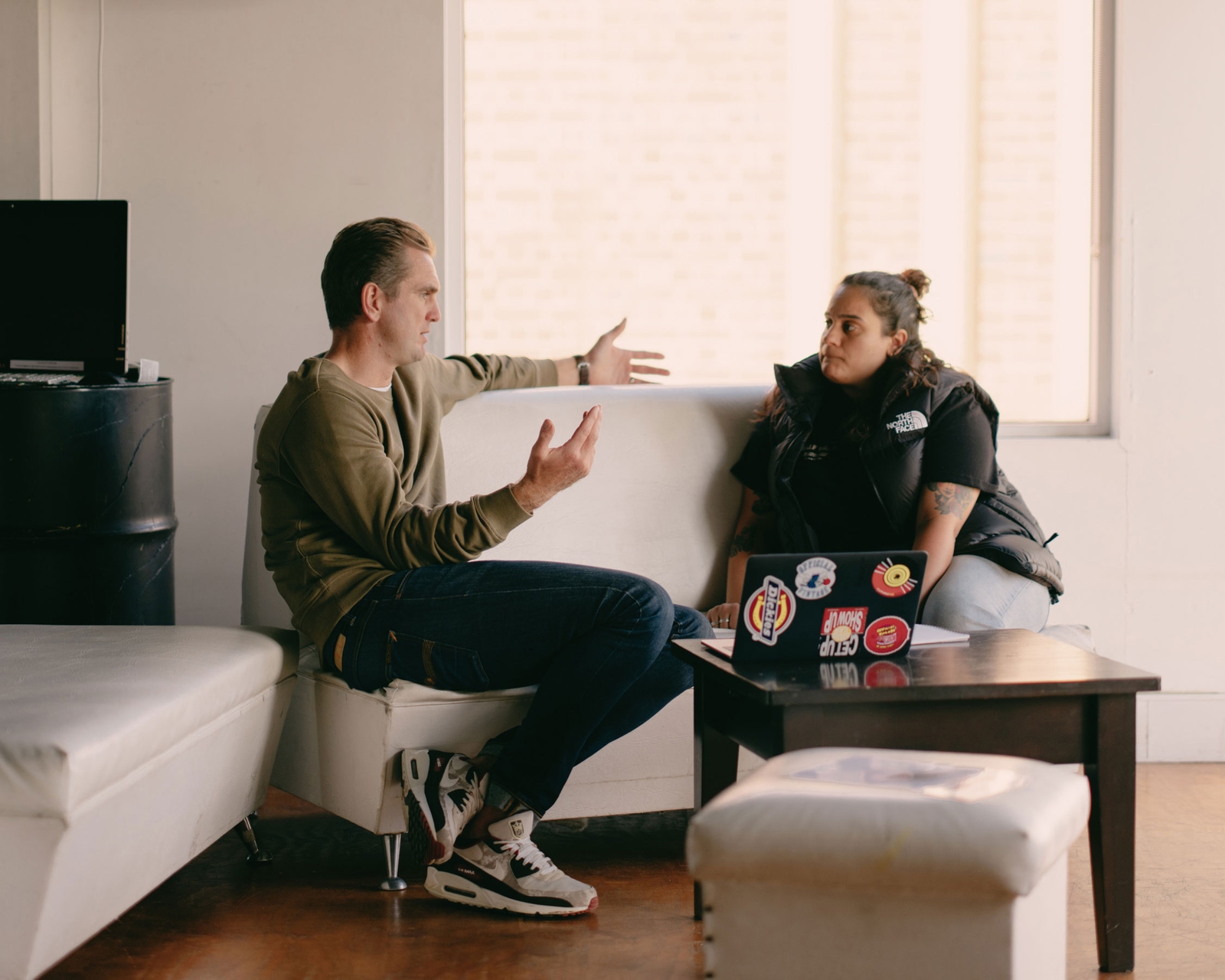
You mentioned helping young people build a connection with those around them. How do you do that in your sessions?
The group dynamic is really important, and that’s why we work in groups of generally around 60 or 70 young people. That’s because when one person is speaking about it, all the others sitting in the room who have experienced something similar think, “I’m not alone here. That person’s like me.”
As part of the facilitation, we create an environment where we ask for things like group affirmation. We ask, how many in the group have felt something similar to this? There’s power in 20 hands going up in the air, as every one of those 20 young people thought they were the only ones going through it.
What does success look like for Reach’s workshops and programming?
In communities such as those we’re working in with SRL, we want to help more young people create a small shift in their lives. Think of a rocket ship launching into outer space. If you change the launch degree of that rocket ship by two degrees on the ground, no one notices. By the time it gets into outer space, however, it’s a thousand miles away on a different path. That’s what we are trying to achieve in these workshops: creating that two-degree shift.
It’s exactly the same thing that happened to me when I was a 15-year-old, and it’s the same thing that’s happened to millions of kids over the last 30 years that Reach has been doing its work.
